Arts
Examining the role of The Arts as a catalyst for healing, transformation and action
Introduction
The practice of Art—in its infinite forms, functions and implications—is the most accessible and universal way of constructing meaning out of the world we inhabit.
Our Philosophy: The Arts are not just for experts. They are not solely for the enjoyment of the elite. They are not a superfluous extravagance. The Arts are for us all, expert and novice alike. They are not just an end in and of themselves, but a means. They shape, and are shaped by the world we inhabit.
Students in the Arts Scholars program gain a deeper understanding of the impact of art as a means to explore society and culture against the backdrop of our individual differences and shared experiences.
What you can expect: No matter your major, area of artistic interest, or skill level, as a member of our community, you will be challenged to strengthen your personal artistic skill set, experiment with new and different art forms, and gain a deeper understanding of the value of the arts in our personal and collective lives. We will investigate the power of the arts to:
- Communicate difficult concepts
- Advocate for social change
- Investigate the human experience
- Explore our own identities
- Develop our capacities as creative problem solvers and critical thinkers
- Reinforce, but also upend, existing systems of inequality and oppression
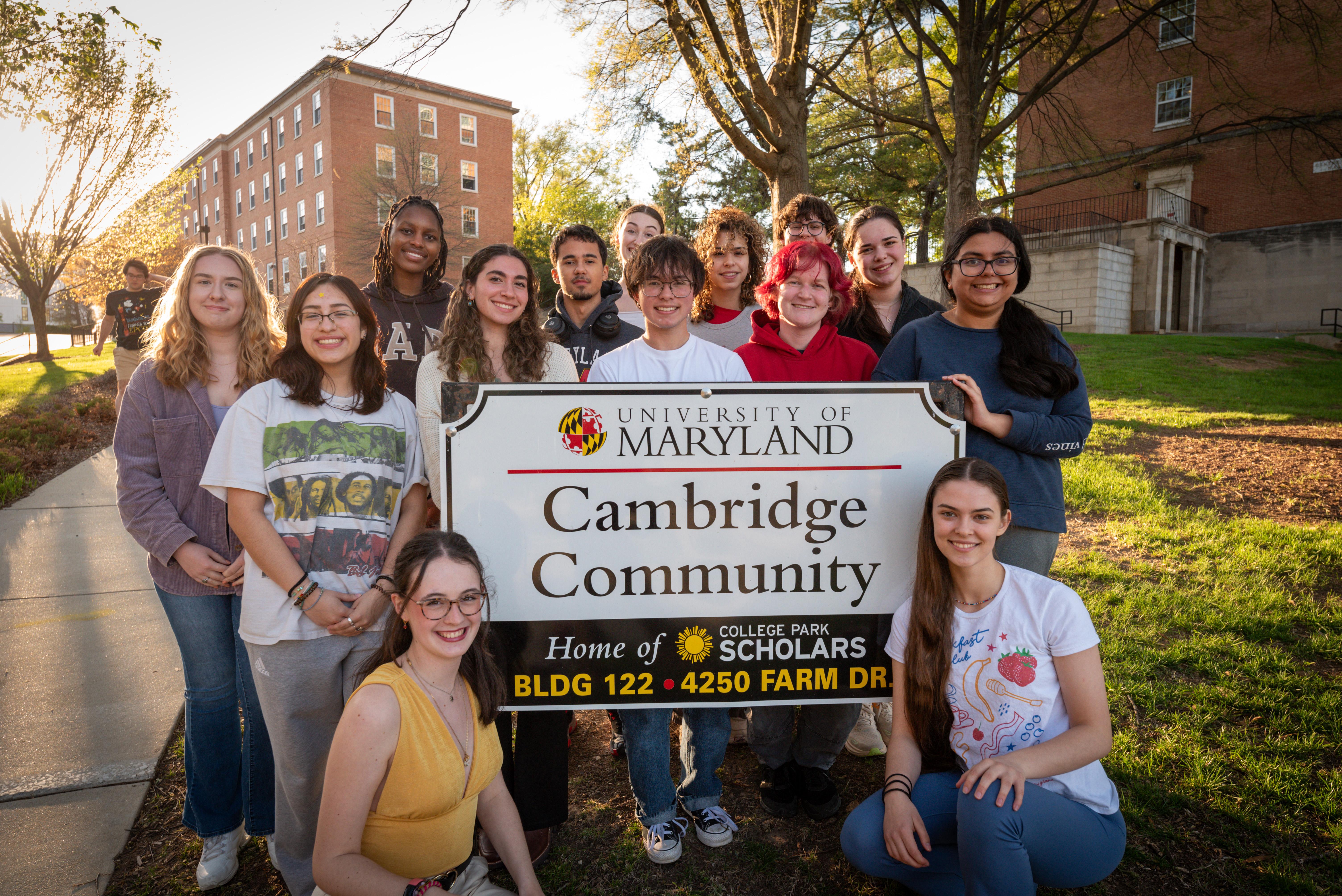
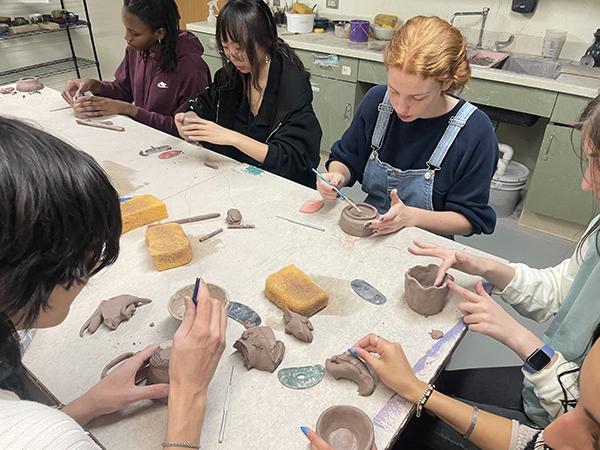
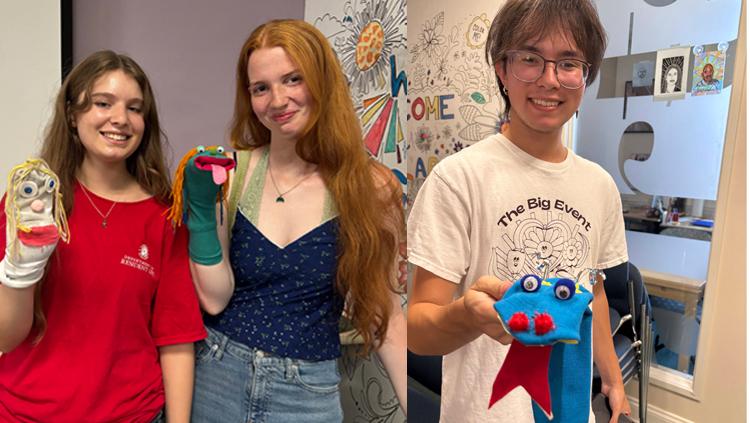
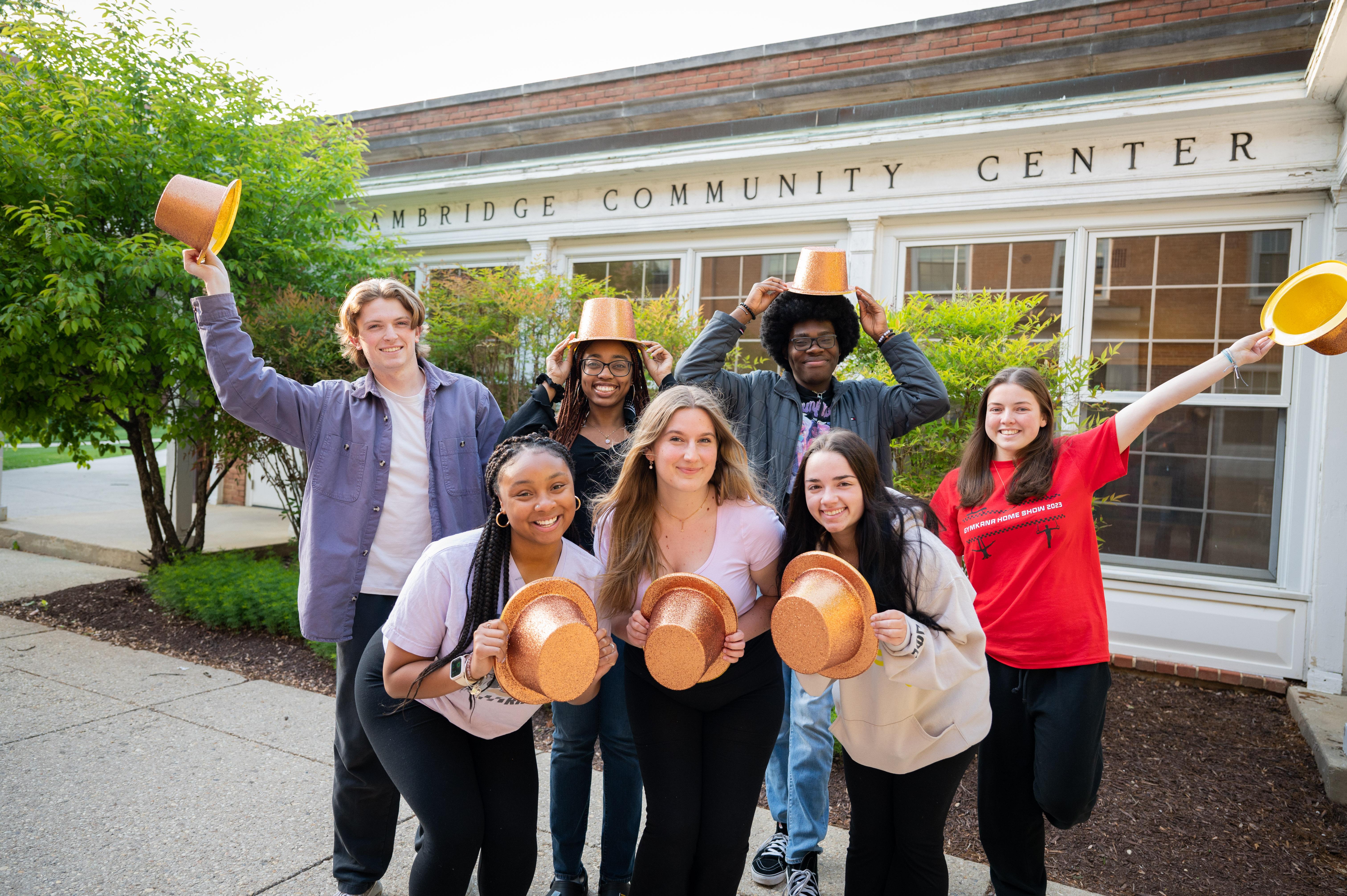
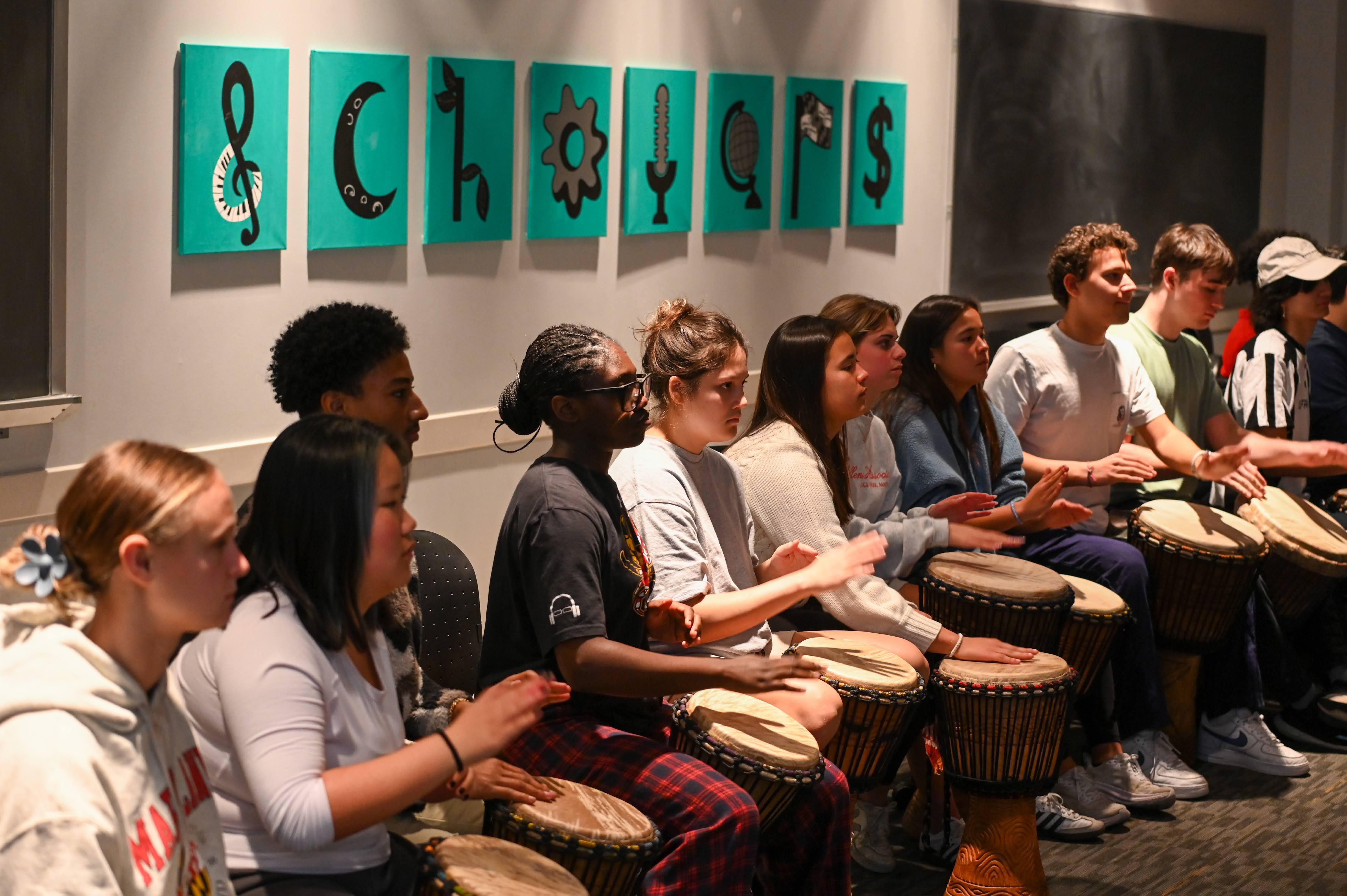
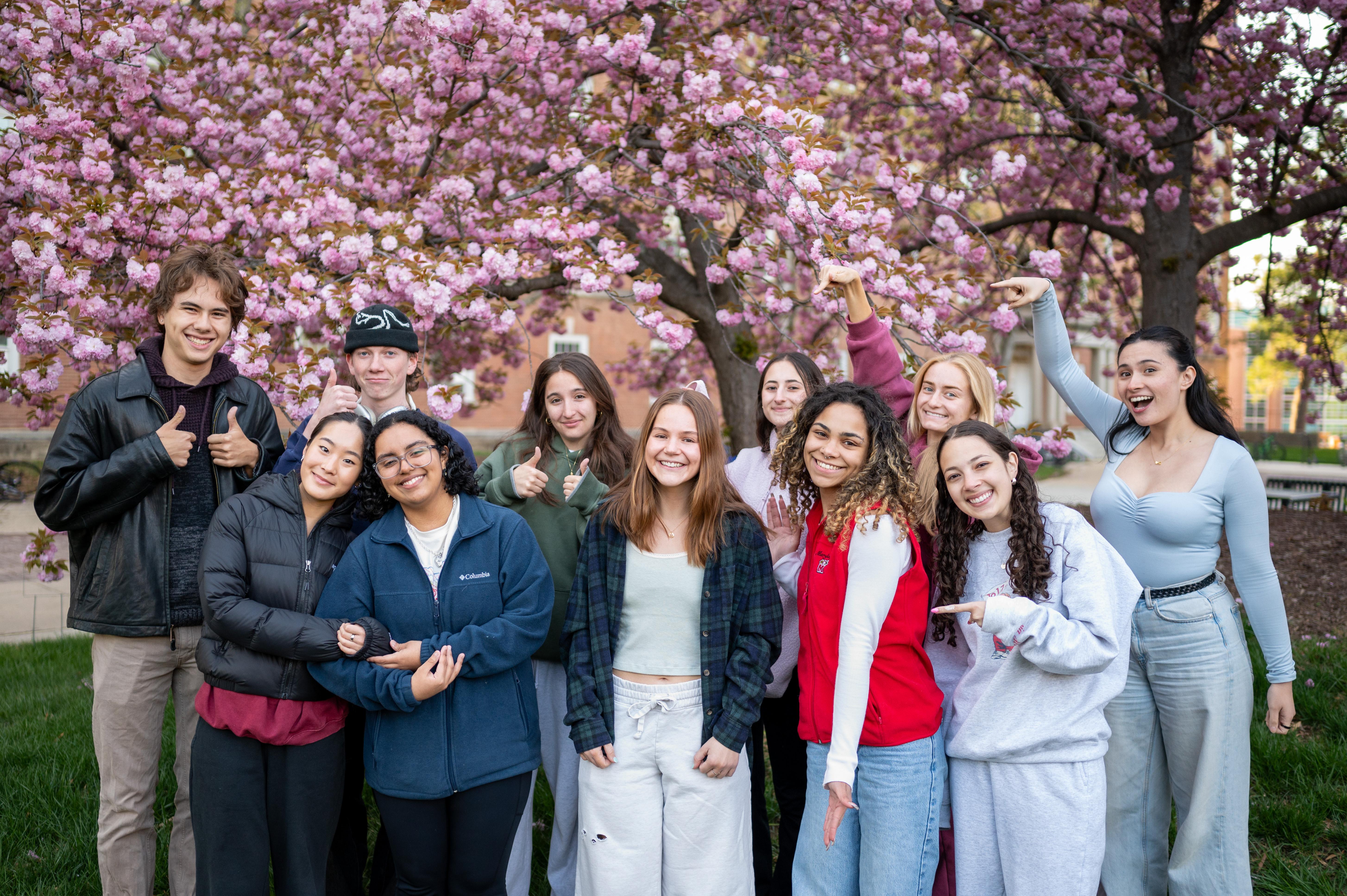
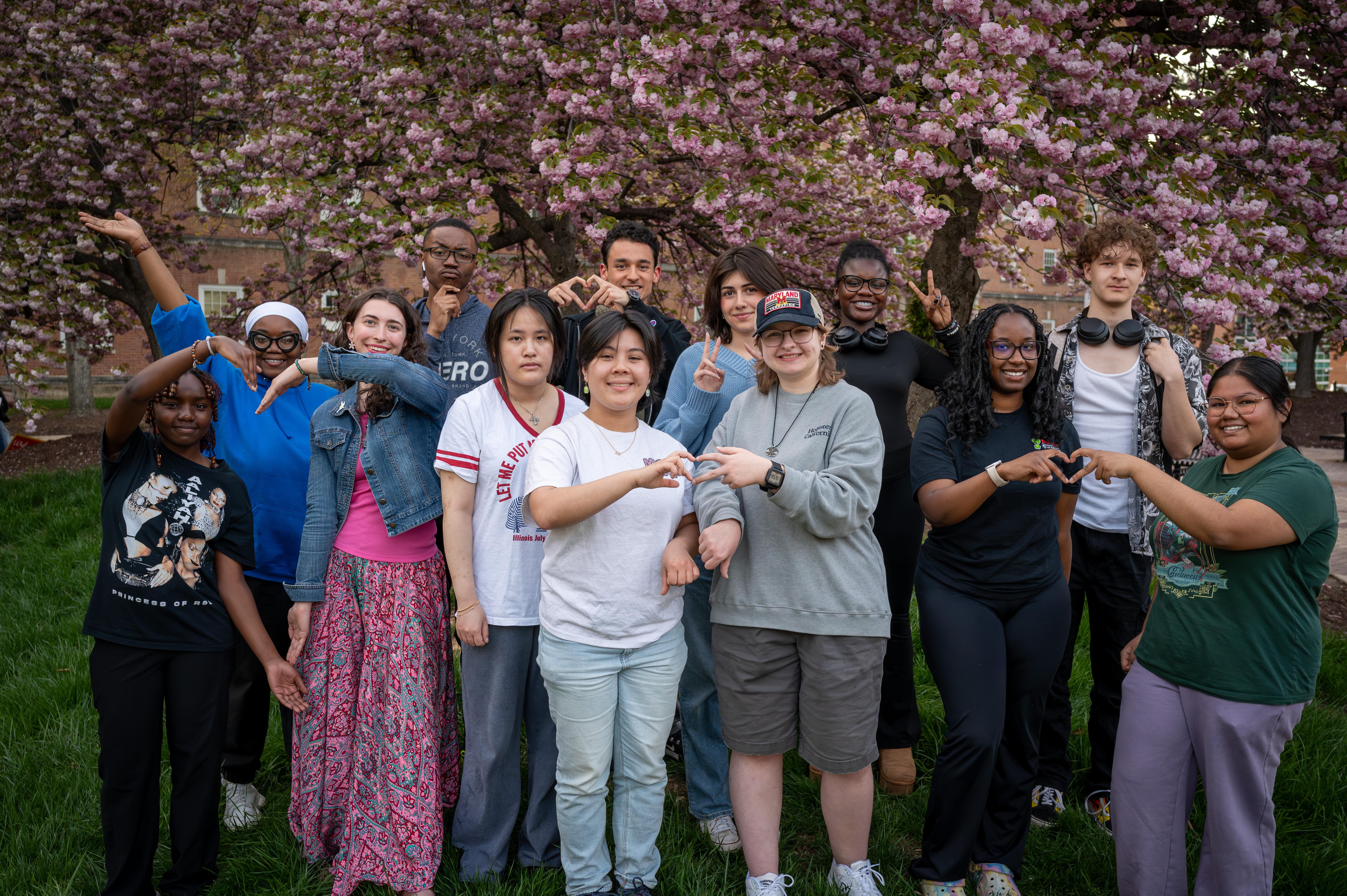
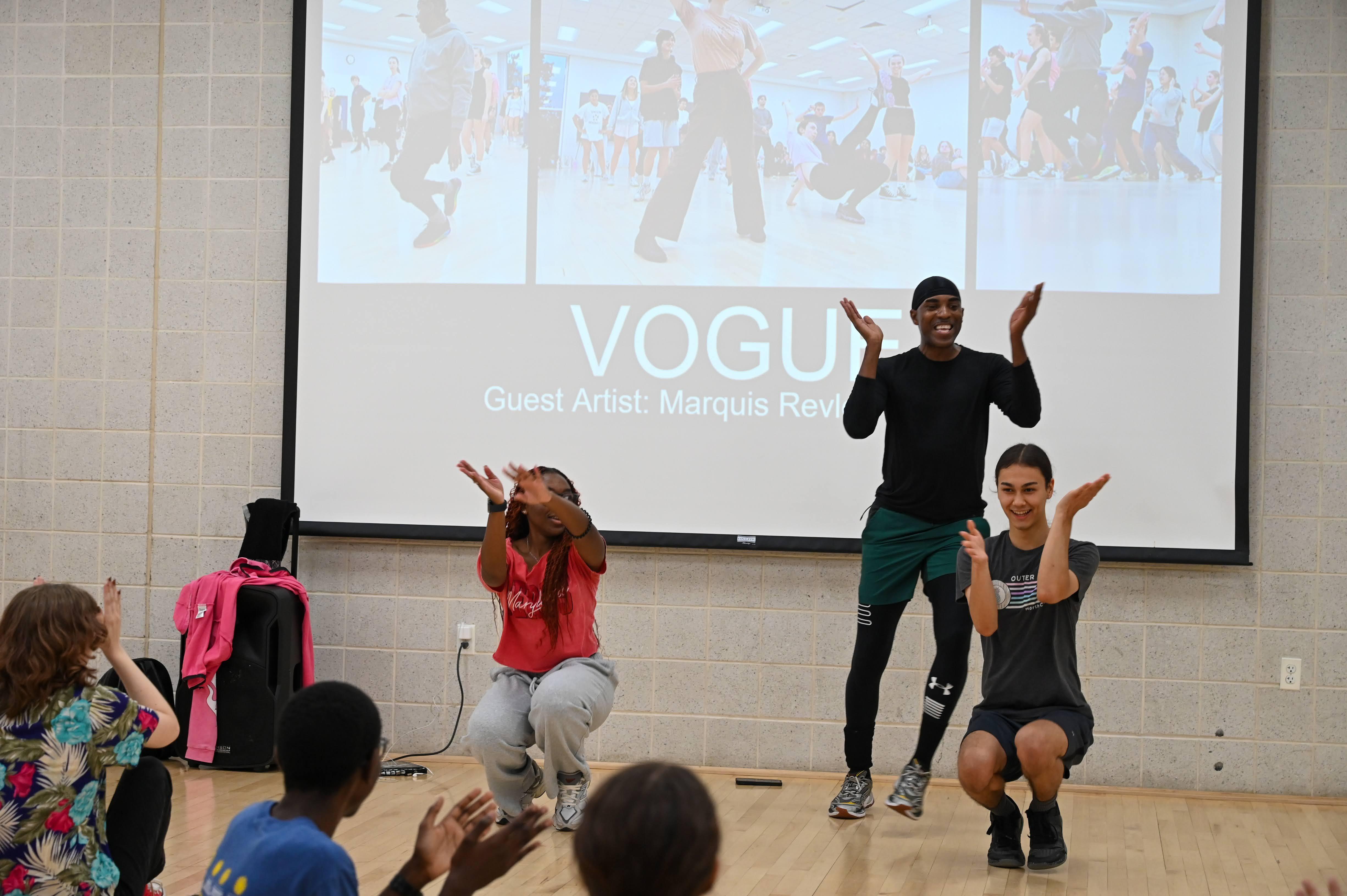
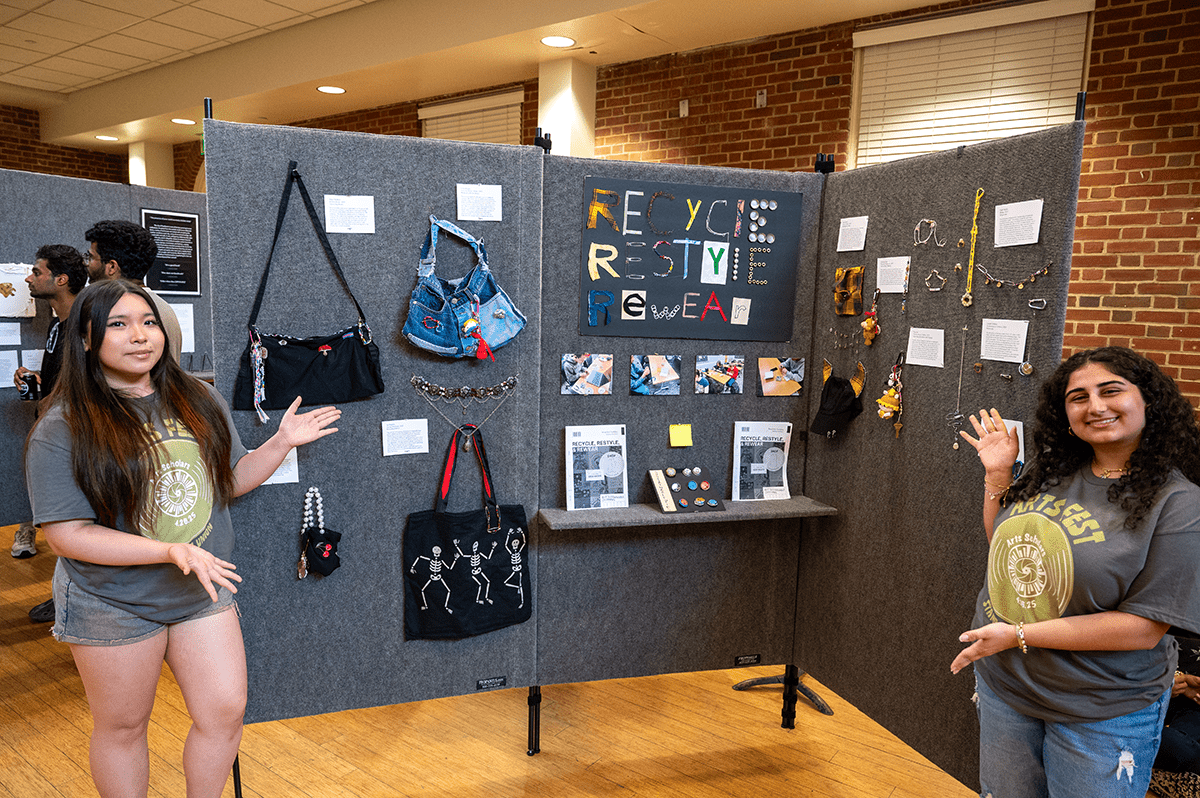
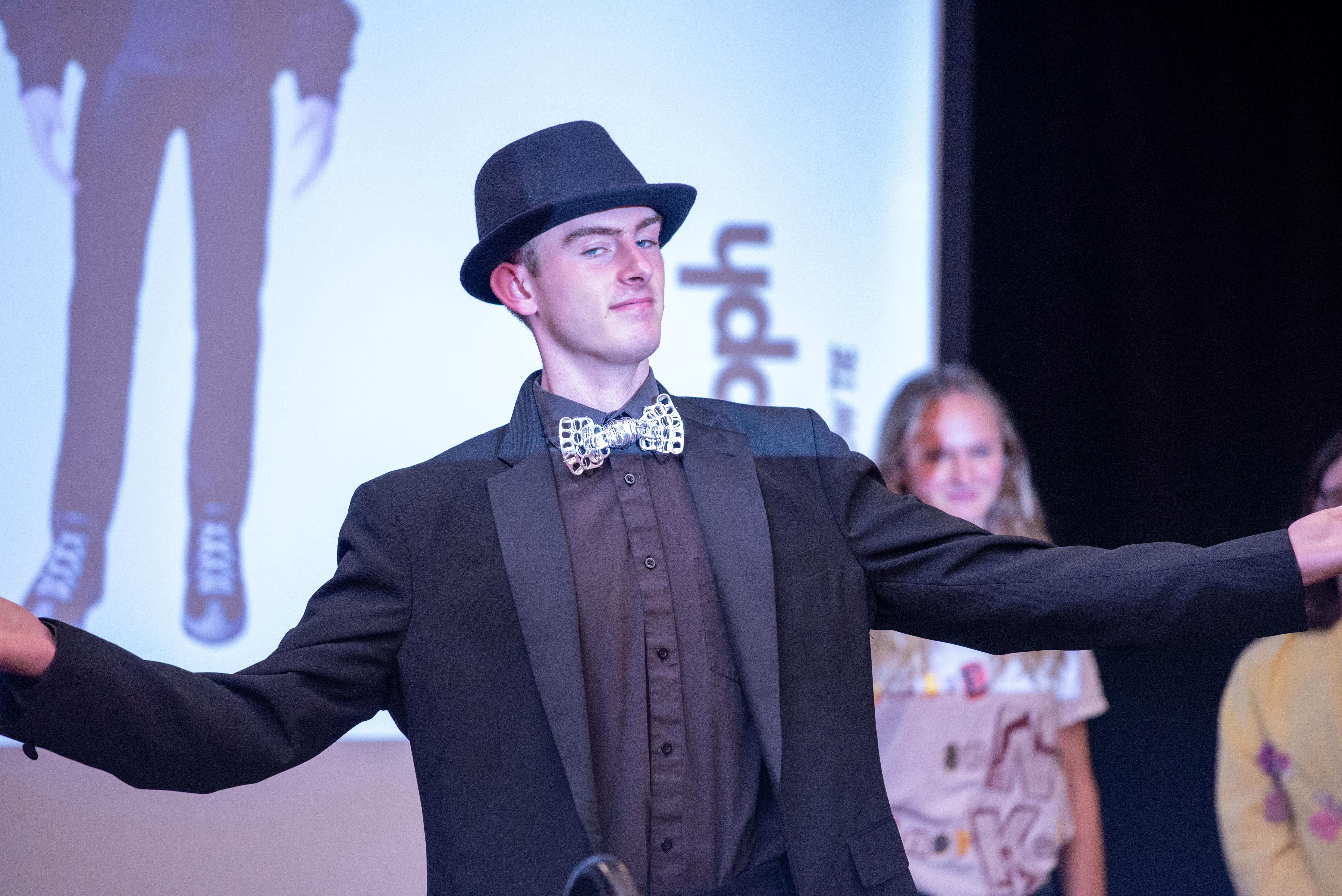
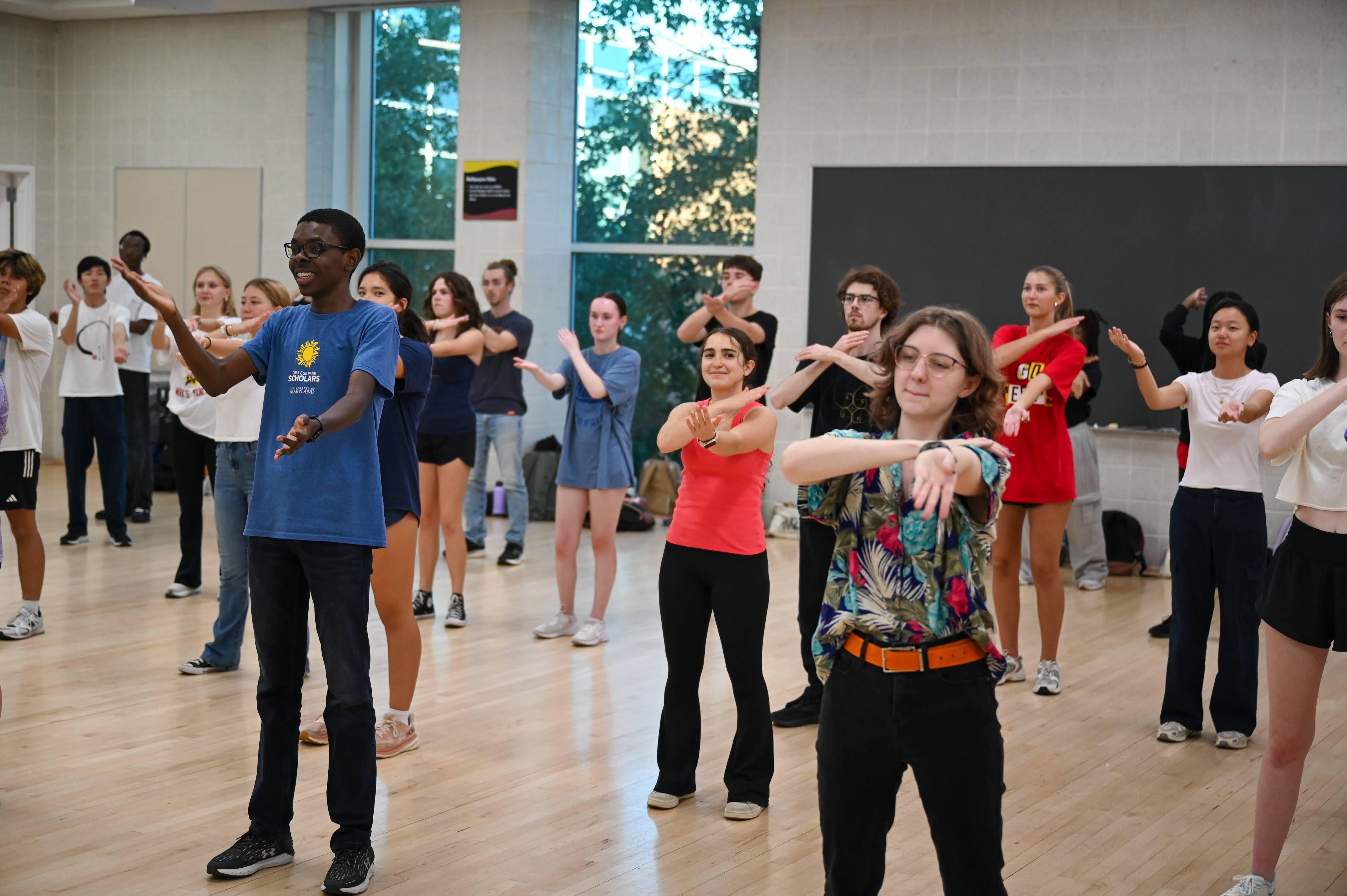
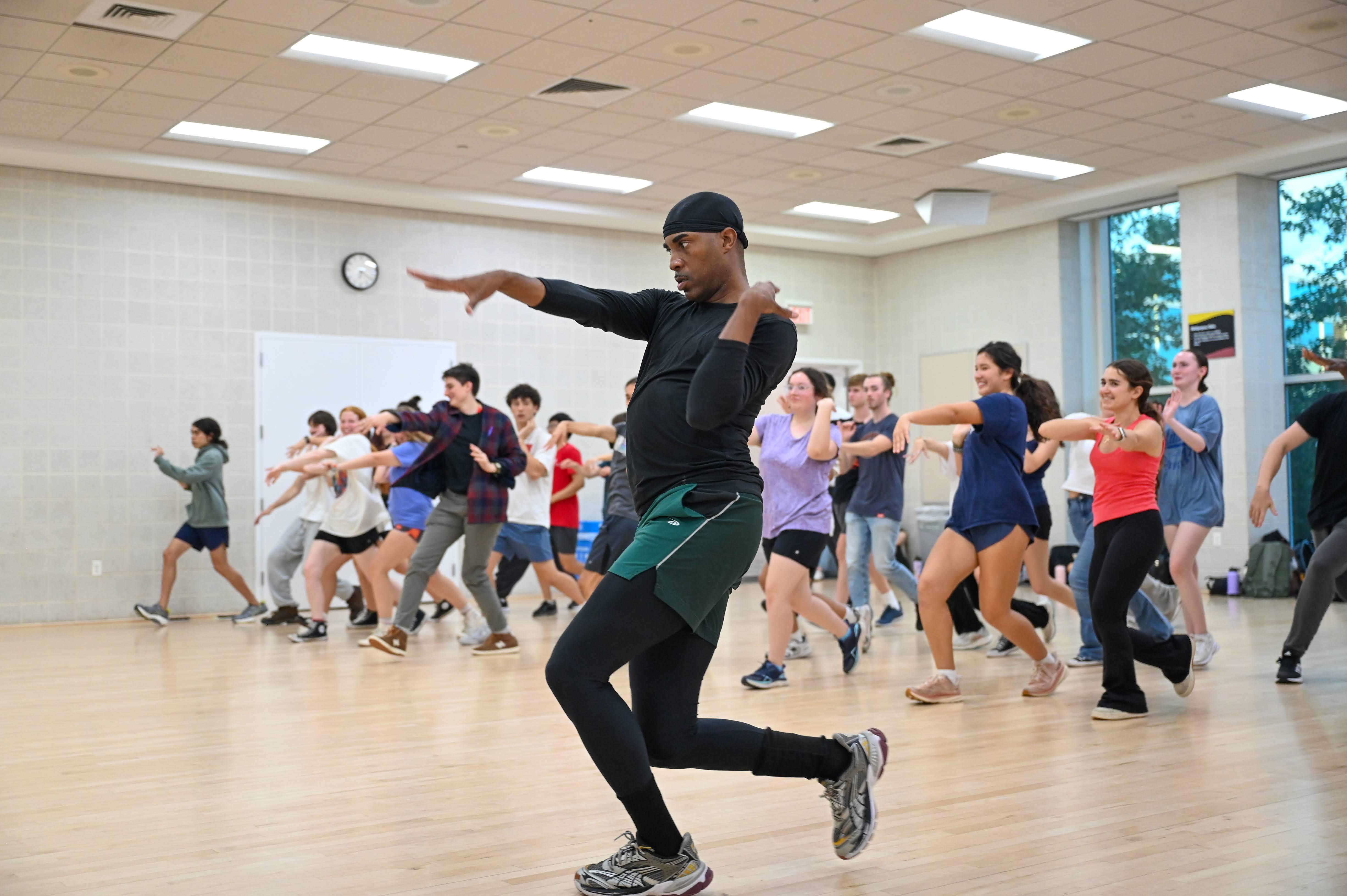
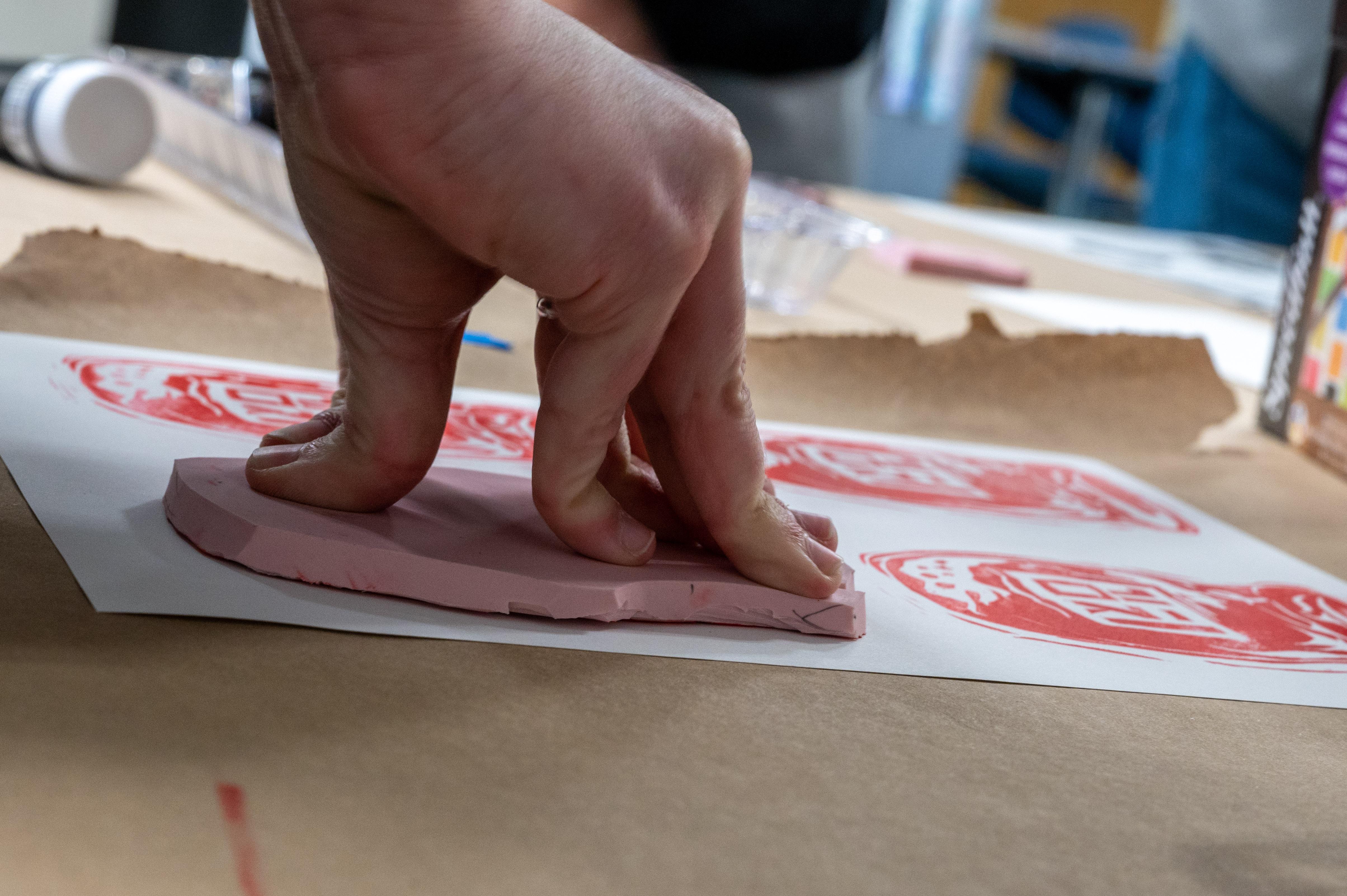

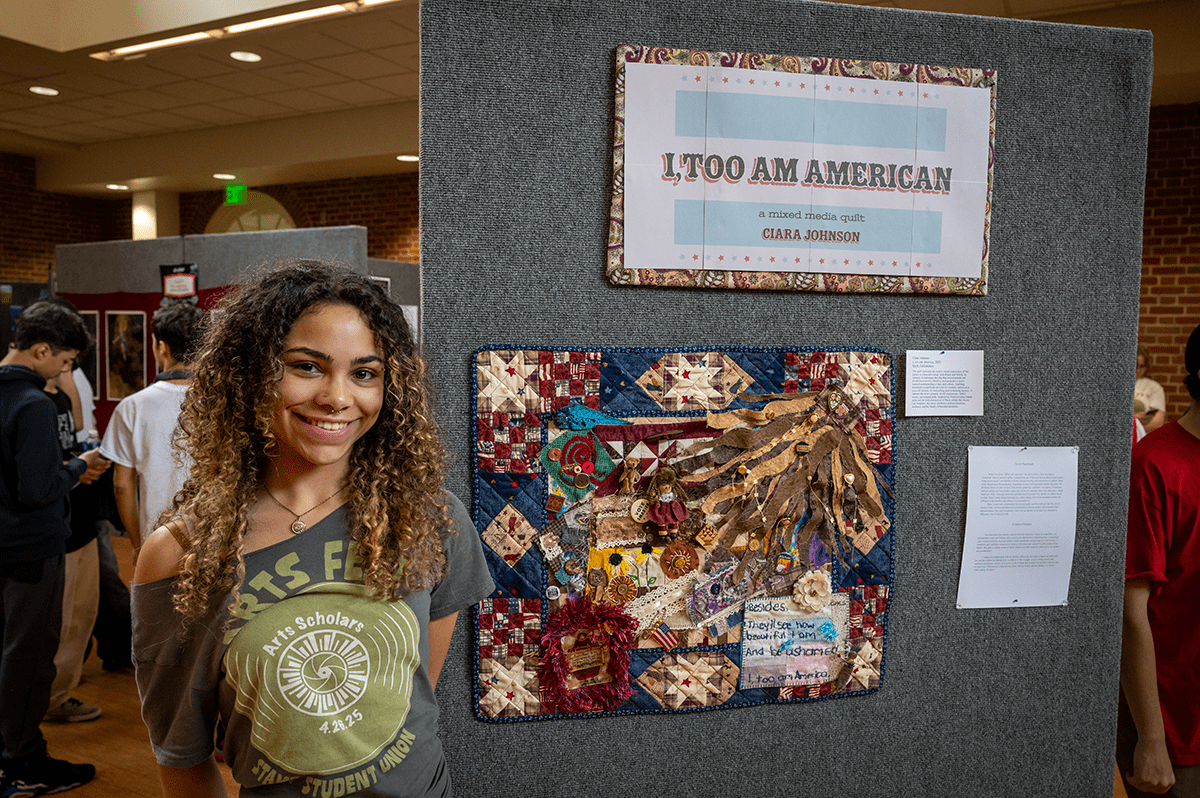
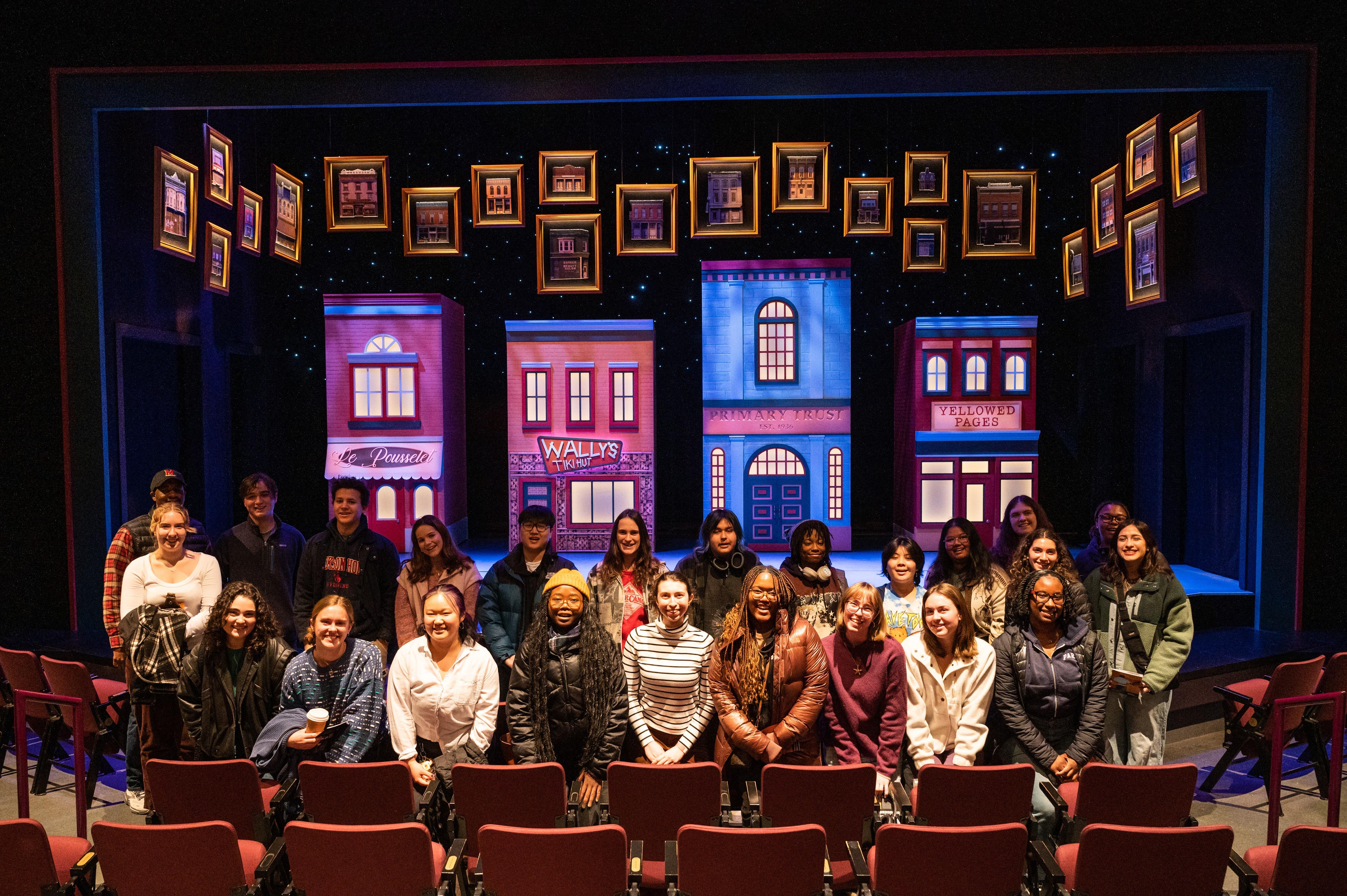
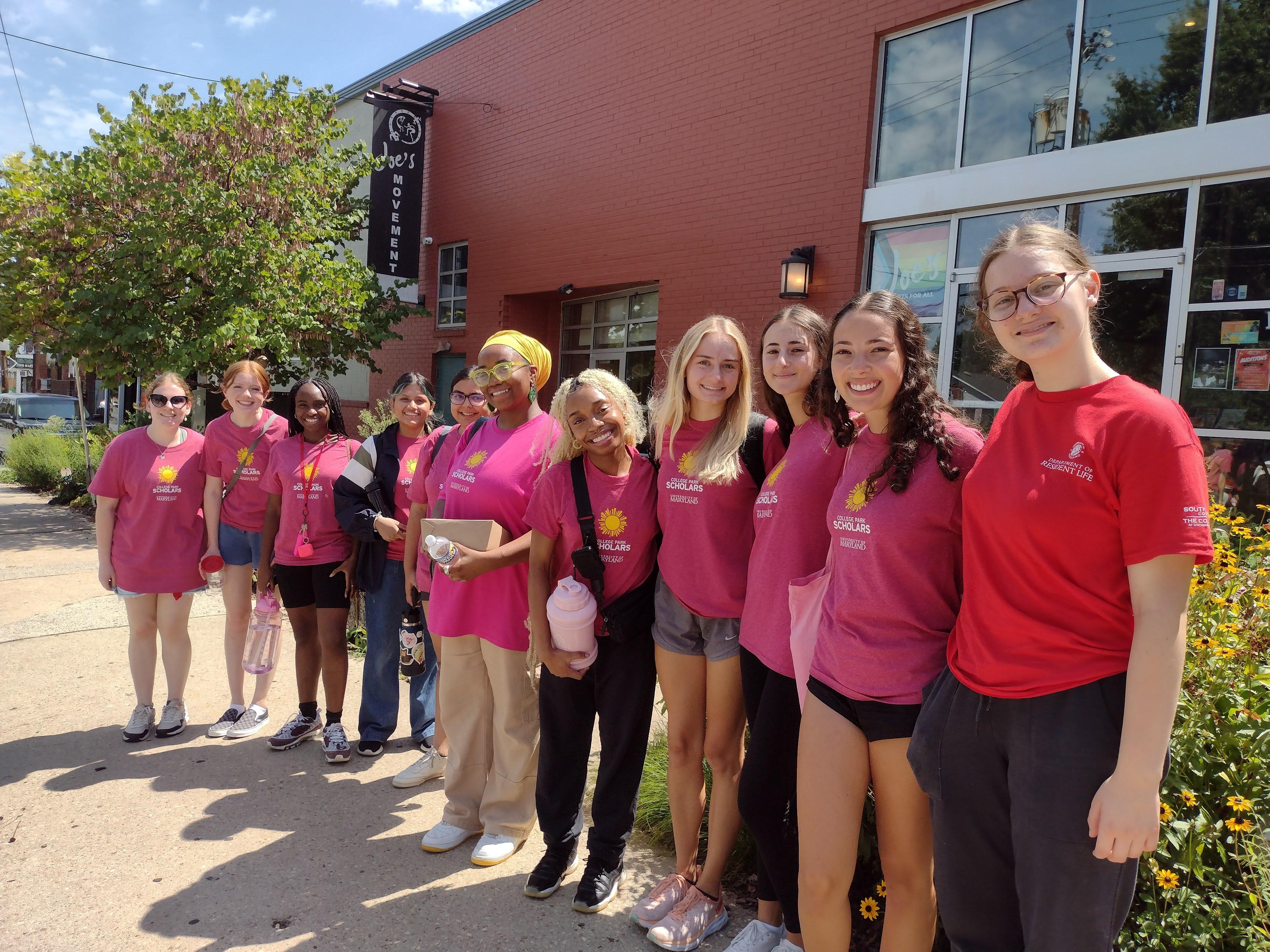
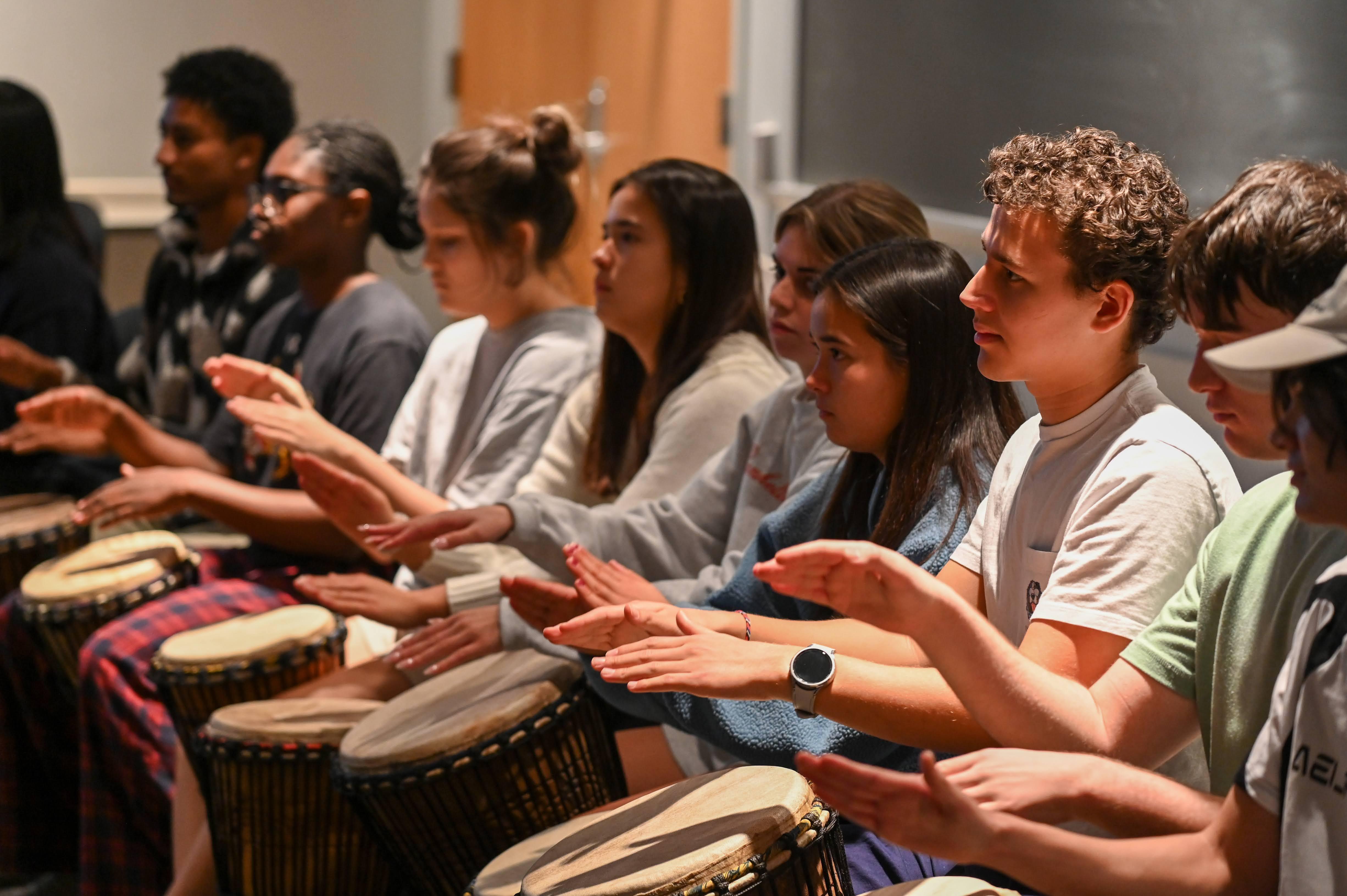
Colloquium and Lecture Topics
Through a mix of lectures, discussions, and guest artist workshops, and experiential projects, students consider (see our most recent “Year in Review” page for photos!):
- Vogue Dancing: How can art be used as a tool for resilience, resistance, and social chance?
- Artistic Consumption: How is artistic “taste” shaped by our social identities?
- Creative Research: How can empirical research, rapid iteration, and prototype testing improve your creative process?
- Spoken Word Improv: How can the principles of improv inform and improve our everyday lives?
- Campus Galleries: How can slow-looking help us combat the pressures of a frenzied world?
- West African Drumming: How can music build community, tell stories, and promote intercultural understanding?
I have been challenged to think differently, work cooperatively, embrace creativity and, most importantly, go beyond the limits I have set for myself. Because of this program, I can confidently say I feel infinitely more prepared for the “real world,” and for that confidence and growth, I could never be more grateful.
Other Learning Opportunities
Outside the classroom, Arts Scholars have many other opportunities….
Experience the arts first hand:
- Field trips: Each semester students visit locations such as The Clarice Performing Arts Center, the Everyman Theatre in Baltimore, the National Gallery of Art, and the National Museum of African American History and Culture.
- Maker Mixer: Teaching Assistant led community building events that include crafting, visiting campus galleries and maker-spaces, and attending shows on campus.
Creative Capstones:
- Sophomores develop capstone projects - identifying a social issue of significance to them to be explored through an artistic medium of their choosing. The capstone project is about your unique view of the world and what you want your audience to understand or experience as a result.
- All capstones are displayed at ArtsFest- an annual exhibition of student work in the Stamp Student Union.
Leadership opportunities:
- Arts Media Team: Social Media & Newsletter assistants work with Arts Faculty to research, draft, and publish the weekly newsletters and Instagram posts to the community.
- Arts Teaching Assistants: Arts Scholars graduates build their skills and experience leading discussions, developing events, and serving as mentors to current students.
Curriculum Overview
Over the two-year program experience (four semesters), students will complete up to 6 credits of supporting courses that will count toward your Arts Scholars citation. In most cases, these will also fulfill General Education requirements. Note that your Scholars courses—colloquiums, capstone practicum and supporting courses—will generally be in addition to any courses you take to satisfy major requirements.
The following represents a typical two-year curriculum, but individual schedules may vary. Details about courses and requirements can be found on the Arts Citation Checklist.
| SEMESTER | COURSE | CREDITS |
|---|---|---|
| Semester 1 | CPSA 100: Colloquium I | 1 credit |
| Semester 2 | CPSA 101: Colloquium II | 1 credit |
| Semester 3 | CPSA 200: Colloquium III | 1 credit |
| Semester 4 | CPSA 201: Colloquium IV | 1 credits |
| CPSA 240: Service Learning; or CPSA 250: Research (DSSP); or CPSA 260: Peer Teaching (DSSP) |
2 credits 2 credits 2 credits |
|
| Semester 1, 2, 3, or 4 | Supporting Course (var. Gen Ed) Supporting Course (var. Gen Ed) Supporting Course (DVUP or DVCC) |
3 credits 3 credits 1-3 credits |
Sponsoring College
Faculty
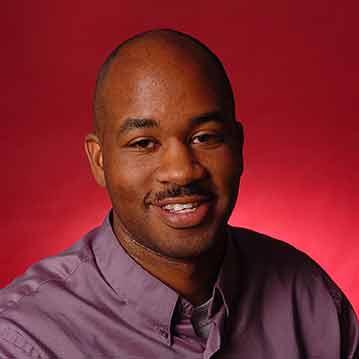
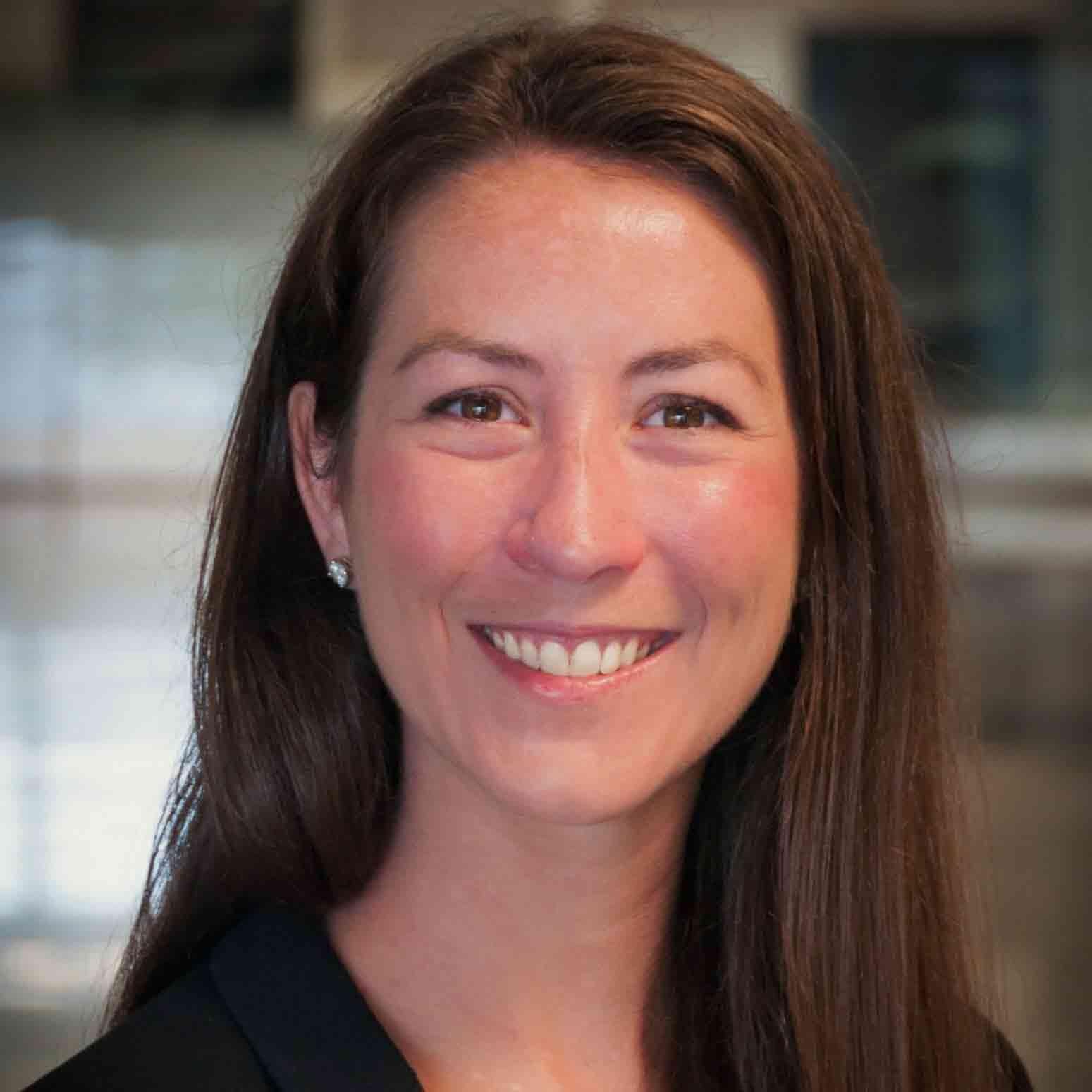
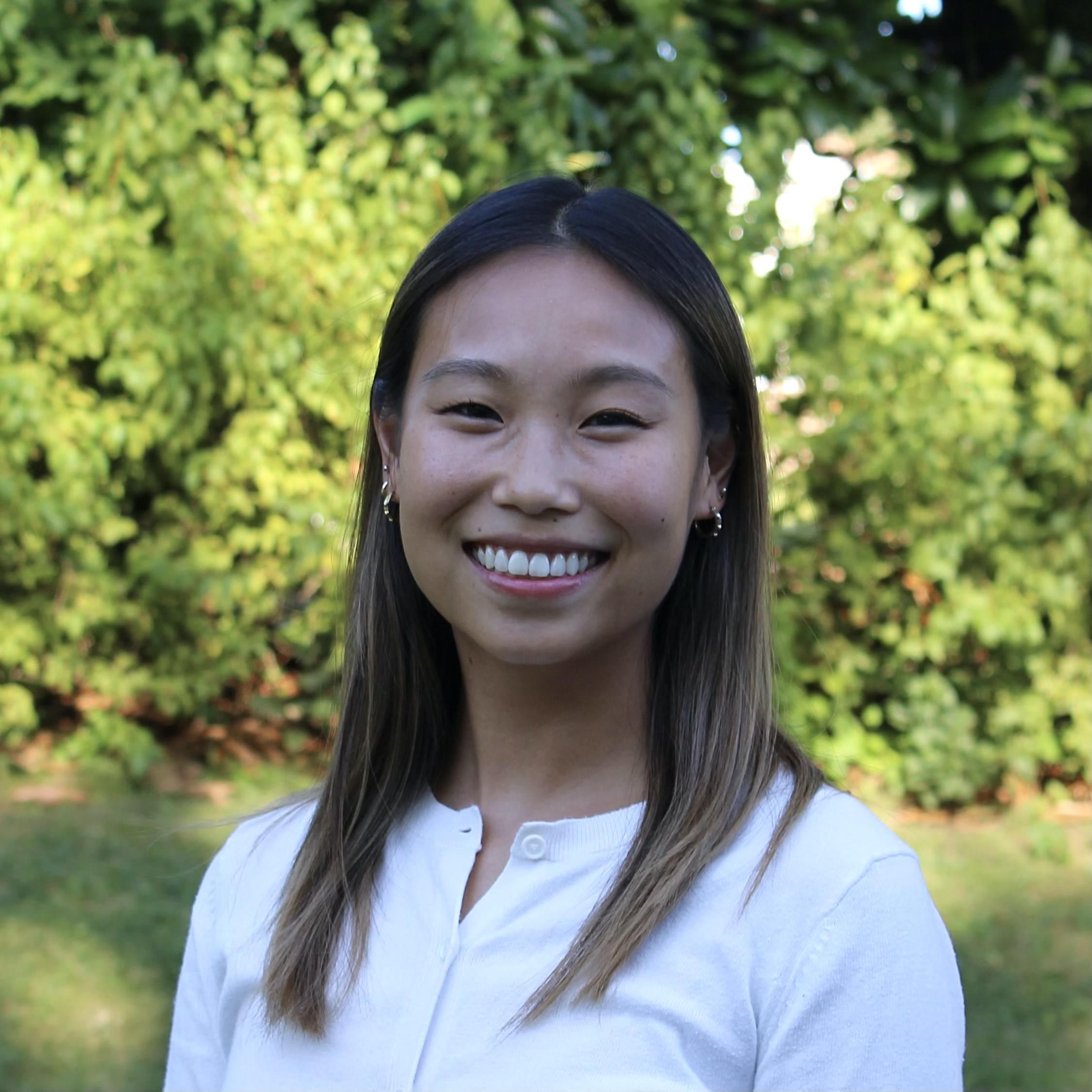
The Diamondback: UMD students' dance workshop highlights Japanese Butoh style, May 2022
Arts News
A Tour to Thank Terp Teachers
Sara Tatum '18, a Science, Technology and Society alum, was one of three outstanding teachers in the area who the University of Maryland's College of Education recognized in a daylong blitz during national Teacher Appreciation Week (May 5-9); it did the same last year, and is making this an annual tradition.Waving pom-poms and blasting the Maryland Victory Song, representatives from the University of Maryland College of Education and the life-size Testudo mascot had come to surprise her at Bladensburg High School, where she teaches. math, with balloons, a bag of College of Education-branded swag, and a $1,000 check—along with their gratitude.
Scholars Emerge as Finalists for Maryland Medallion Society Awards
The Maryland Medallion Society is a community of students who have shown exceptional leadership and integrity. These students are also the finalists for the University’s top two prestigious awards: the University of Maryland Model Citizenship Prize and the Wilson H. Elkins Award.This year, several College Park Scholars alumni were finalists for the top two awards – Jhennifer Celestino Alva (Global Public Health), Lily Fleischmann (Public Leadership), Sarang Han (Science and Global Change), Erika Holdren (International Studies), Abigail Manga (Public Leadership), and Kaitlyn Zhou (Public Leadership).
Scholar Awarded 2025 NOAA Hollings Scholarship
Three University of Maryland sophomores, including a College Park Scholar, are recipients of 2025 National Oceanic and Atmospheric Administration (NOAA) Ernest F. Hollings Scholarships, one of the nation’s highest honors for exceptional students in STEM fields.The scholarships provide up to $19,000 in financial support, professional development opportunities and a paid summer internship at any NOAA facility across the U.S. With this year’s recipients, UMD’s total number of Hollings Scholars since 2008 rises to 49.
Three Scholars Named ODK Top Ten Freshmen
Omicron Delta Kappa (ODK) is a nationally recognized leadership honor society. The Sigma Circle of Omicron Delta Kappa Leadership Society annually recognizes the Top Ten Freshmen of the University of Maryland.
Strengthening Communities, a Course at a Time
Civic Engagement Across the Curriculum at UMD (CEAC at UMD), a pilot professional development program, supported 12 instructors, including several College Park Scholars program directors and staff, from seven schools and colleges as they integrated community-focused strategies and experiences into more than 20 courses serving over 1,000 students, in disciplines as varied as art, kinesiology and sociology, during the fall and spring semesters. College Park Scholars in the CEAC at UMD 2024-25 Cohort:
Do Good, Win Big
An organization, represented by a College Park Scholars alum, working to ensure surplus food doesn’t go to waste took one of the $10,000 top prizes at the University of Maryland’s 13th annual Do Good Challenge last week.Four other finalists, including another Scholars alum, shared in another $20,000 in prize money awarded at the pitch competition, which drew more than 500 students, staff, faculty, and community members to the Samuel Riggs IV Alumni Center to hear teams’ ideas about how to make the world a better place.

